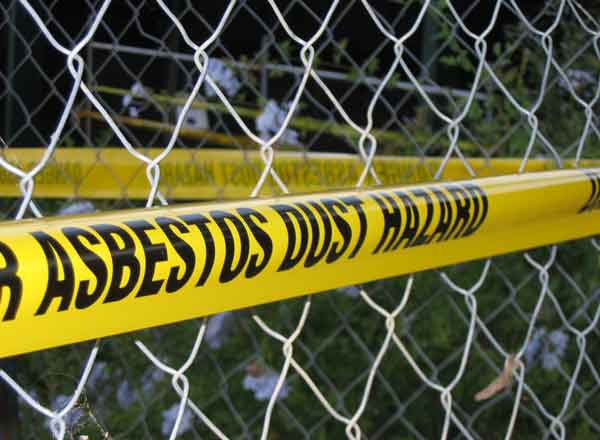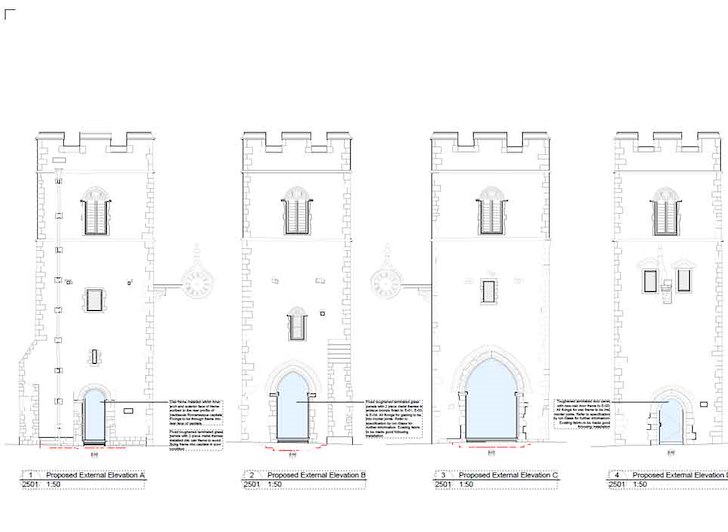A nightclub owner has been fined after failing to carry out an asbestos survey before beginning refurbishment work.
Charles McGrath, sole director of UK Night Life Limited, of Mawdsley Street, Bolton, pleaded guilty to breaching Section 3(1) of the Health and Safety at Work etc Act 1974, and Regulations 5(a) and 16 of the Control of Asbestos Regulations 2012. He was fined £5,720 with over £3,535 in costs.
Manchester Magistrates’ court heard how UK Night Life and Mr McGrath were managing a refurbishment scheme at The Level nightclub in Bolton between 01 August and 12 August 2015.
The Health and Safety Executive (HSE) were first alerted to the project in August 2015 following a complaint from Bolton Council regarding unsafe construction works throughout the site.
An inspector served three Prohibition Notices and two Improvement Notices at the site, along with a Notification of Contravention for a foreseeable risk of asbestos exposure, a lack of competent site manager, risks of falls from height, unsuitable welfare facilities and inadequate fire safety precautions.
The project was being carried out without an experienced contractor in place to manage the site. Up to 20 workers were potentially exposed to deadly asbestos fibres in order for the club to open in time for Fresher’s week and an influx of students.
In sentencing, District Judge Sanders remarked that Mr McGrath had chosen to rush through the works with unqualified and inexperienced people running the site on a day-to-day basis. He added that it was clear that these offences amounted to a ‘degree of cost cutting at the expense of safety’.
HSE inspector Matt Greenly said: "Mr McGrath totally failed in his duty to protect his workers, subcontractors and anyone else accessing this site from a foreseeable risk of serious harm. Asbestos related diseases are currently untreatable and claim the lives of an estimated 5,000 people per year in the UK.
"The cost of an asbestos survey is minimal compared to the legacy facing anyone who worked on this site. They now have to live with the realisation that due to the lack of care taken by Mr McGrath they may face a life shortening disease at some point over the next 30 or more years, from an exposure which was totally preventable. This case sends a clear message to any company that it does not pay to ignore risks on site, especially to simply keep to a self-imposed tight schedule."
(LM/CD)
 UK
UK Ireland
Ireland Scotland
Scotland London
London






















